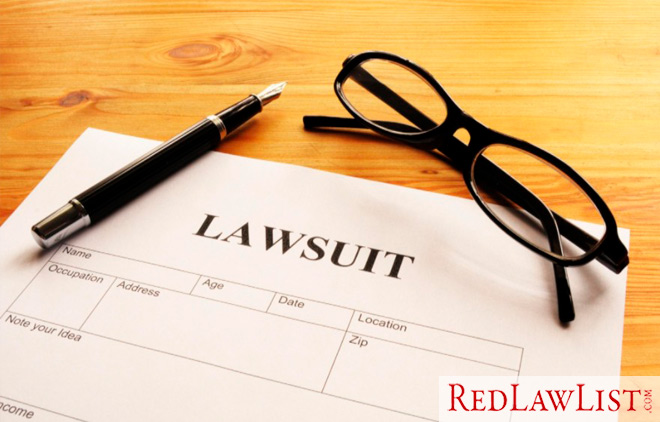
Reasonable care, duty of care, or liability – they all mean having a legal duty to act in a manner that avoids injuring another person. A person can sue another person if this duty was ignored.
The following are required elements of every personal injury lawsuit:
- Duty of care: the reasonable actions a normal person would take to prevent
injury to another person.
- Breach of the duty: not performing the reasonable care duty.
- Damages: the harm that was suffered by the injured party.
- Causation: the injury was caused by the breach of duty.
In a personal injury case, one person (the plaintiff) is either suing another person or business (the defendant) because they were either injured on their property or injured because of something the other party did (or failed to do).
Reasonable Care for Businesses
Another element to a personal injury case is the standard of reasonable care, which states that anyone should work to prevent injury. This means that if you are a business owner, you have a legal obligation to keep the business premises free from potential injuries to your customers to the best of your ability.
Take this example:
In the winter, every business has a duty to prevent slips and falls during a snowstorm by making sure the sidewalks outside of their doors have been shoveled and salted. During the rest of the year, the same business has a duty to ensure the shelves are stocked carefully, with no danger of items falling. The act of preventing injuries shows you are exercising reasonable care.
Reasonable Care for Individuals
Likewise, individuals must exercise reasonable care. Let’s use the example of a trampoline in your backyard. Imagine you have no children, so you don’t worry about putting an enclosure around it. However, your neighborhood has quite a few kids in it. To the kids, it’s an attraction. To their parents’ lawyers, it’s an attractive nuisance. With or without permission or supervision, the kids will probably play on it.
If you fail to use reasonable care and put an enclosure around the trampoline, you are essentially allowing the children to play on it. If a child gets hurt, you may be legally responsible (liable) for the injuries to the child and his or her family. You may be sued by the child’s family. Doctor and hospital bills, parents’ lost wages, and any other financial burden that the child’s family incurs will likely become your responsibility. A judge will decide how much you owe the family.
Or take the case of a car accident. Your insurance company will likely want to know who was at fault for the accident. They will also want to know the percentage each driver was responsible. In some states, if one driver is 51% responsible for the accident, that driver is liable to pay all the damages to the other injured party. In other states, the amount of damages is based upon the percentage by which each person was found to be at fault.
Reasonable Care for Professionals
Each type of professionals must abide by their own standards of reasonable care. Police, firefighters, doctors, and paramedics all have a higher standard of reasonable care. They are specially trained to a higher level to both prevent and treat injuries. Thus, they have a special duty to help that is of a higher level than the average person has.
Reasonable Care in Technology
In today’s computer-driven society, even software developers have a duty to reasonable care. From smartphones to home security systems, we rely on software in our everyday lives. What happens if there is a design flaw in the software? What if one little line of code results in a fatal accident?
For instance, In 2007, a car manufacturer had problems with certain models having sudden acceleration issues. The cars would suddenly accelerate, without the driver’s use of the gas pedal. Through trial and error, mechanics found that if they rebooted the car’s software the issue was fixed. From all anecdotal evidence, it appeared that there was a problem with the software used to control the car.
Due to more instances of software failures, courts are beginning to hold software designers liable for accidents their defective code resulted in. As a result, software designers are more aware of the liabilities they face for defective code.


